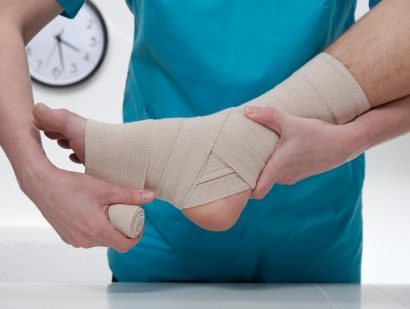- Find A Medical Provider
- Auto Injuries
- Common Injuries
- Medical/Pharmaceutical
- Types of Medical Injuries
- Malpractice Injuries
- Drug and Medical Device Injuries
- Drugs and Devices Linked to Cancer
- Opioid Addiction
- Drugs and Devices Known to Cause Injury
- 3M Combat Arms Earplugs – Hearing Loss
- Accutane
- Aciphex
- Actonel
- Actos
- Adderall and Ritalin
- Advair
- Aldara (Imiquimod)
- Alli
- Ambien
- Amiodarone
- Anzemet
- Aptivus
- Aranesp
- Arava
- Atorvastatin
- Avandia
- Benicar
- Birth Control Medication
- Blood Thinners
- Essure
- Fosamax (Alendronate Sodium)
- Gadolinium-Based MRI Contrast Agents
- Granuflo
- Hernia or Surgical Mesh Injuries
- Hydroxycut
- Inferior Vena Cava Filters
- Invokana Toe and Foot Amputations
- Ketek
- Levaquin
- Lipitor
- Mirapex
- Neurontin
- Onglyza
- Over-the-Counter Medications
- OxyContin
- Paxil
- Power Morcellators
- Pradaxa
- Propecia
- Reglan
- Talc Powder
- Trasylol
- Valsartan
- Viagra
- Xolair
- Zelnorm
- Zoloft
- Work Injuries
- Sports Injuries
- Marketing Services
- Blog
List your practice on InjuredCare | Log in / Sign up
Toxic Fumes Injury

Exposure to toxic fumes in the workplace puts employees at risk of diseases such as lung and urinary tract cancer, respiratory disease, damage to the kidneys and nervous system disorders. The Occupational Safety and Health Administration (OSHA) warns employers that workers can succumb to occupational diseases after contact with chemicals over weeks, months and years. Employees are often unaware of changes in their health until they start developing symptoms.
Occupations and industries that can place employees at risk from exposure to hazardous substances include, but are not limited to, welders, oil and gas industry workers, mechanics, hairdressers and healthcare workers. Symptoms of inhalation injuries include coughing and phlegm, shortness of breath, chest pain or tightness, headaches, stinging eyes or a runny nose.
A chiropractor or other medical professional can evaluate toxic fumes injuries with diagnostic imaging including X-rays or an MRI. Additional testing can include blood and lung function tests or a bronchoscopy, which is the insertion of an instrument called a bronchoscope through a patient's nose or mouth and down the throat to check airways and visualize the lungs.
Treatment recommendations may include oxygen therapy, medicines, or the use of a ventilator for breathing support.









